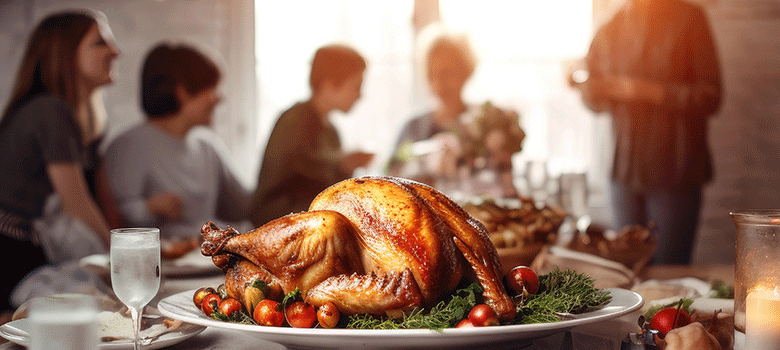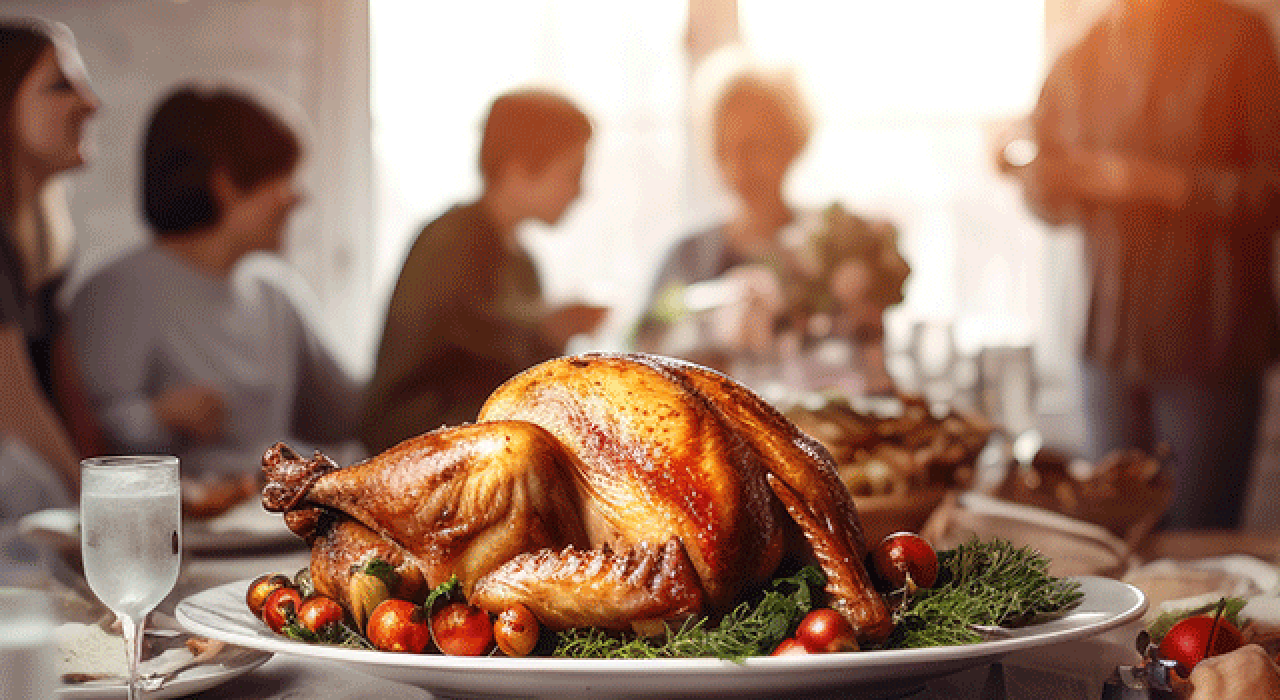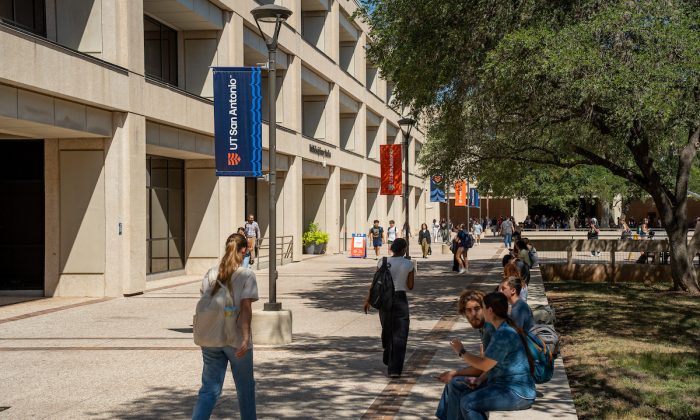NOVEMBER 26, 2024 — As the holiday season approaches, many families are bracing for potentially tense political discussions around the Thanksgiving table. UTSA Assistant Professor of Practice Madelyn Duffey specializes in how political differences impact family relationships and is offering insights into how to manage these challenges while staying true to their values.
“It’s really important when we talk about cultures and identities also to include political identities and how they intersect with other meaningful parts of a person’s life,” she explained.
Duffey currently teaches courses in the UTSA Department of Counseling and in Women’s Studies. The recent Ph.D. graduate conducted research about family dynamics and politics for her doctoral dissertation when she was studying at UTSA.
To complete her dissertation, titled “A House Divided? Exploring the Experiences of Individuals with Political Differences from their Families,” Duffey recruited participants with different political identities and viewpoints from their family members to understand the impact of political differences on relationships. She also examined how these differing viewpoints can impact an individual’s mental health and wellness.
“Depending on the dynamics within relationships and how things play out, Thanksgiving can be a nerve-wracking situation for a lot of people that creates a lot of anxiety.”

“This study showed that participants reported relational strain, negative emotions and the need for coping strategies and counselor support,” Duffey said.
From these findings, Duffey developed the following recommendations for navigating political differences within a family:
- Seek counseling to manage holiday-related stress, anxiety or conflict. Counselors can help individuals prepare for potential conflicts and develop strategies to handle them.
- Practice self-care activities like journaling, meditation or taking a walk to manage stress.
- Focus on communication skills and decide when to engage in political conversations versus avoiding them to prevent arguments.
- Approach political differences with empathy and try to understand why family members hold different views, rather than engaging in direct debates.
- Find affirming communities outside family to engage in political discussions.
“Depending on the dynamics within relationships and how things play out, Thanksgiving can be a nerve-wracking situation for a lot of people that creates a lot of anxiety,” Duffey said. “One of the things that was helpful for participants was really trying to understand as best they could why family members felt a different way.”
For those without access to counseling, Duffey recommends focusing on communication skills. The most common coping strategies used by participants to avoid political discussions included agreeing to disagree, empathizing, keeping the peace, cutting off family members or using humor to diffuse tense discussions.
“Being able to focus on how you can live your values and advocate for things that are meaningful to you can provide a lot of satisfaction,” she said.



